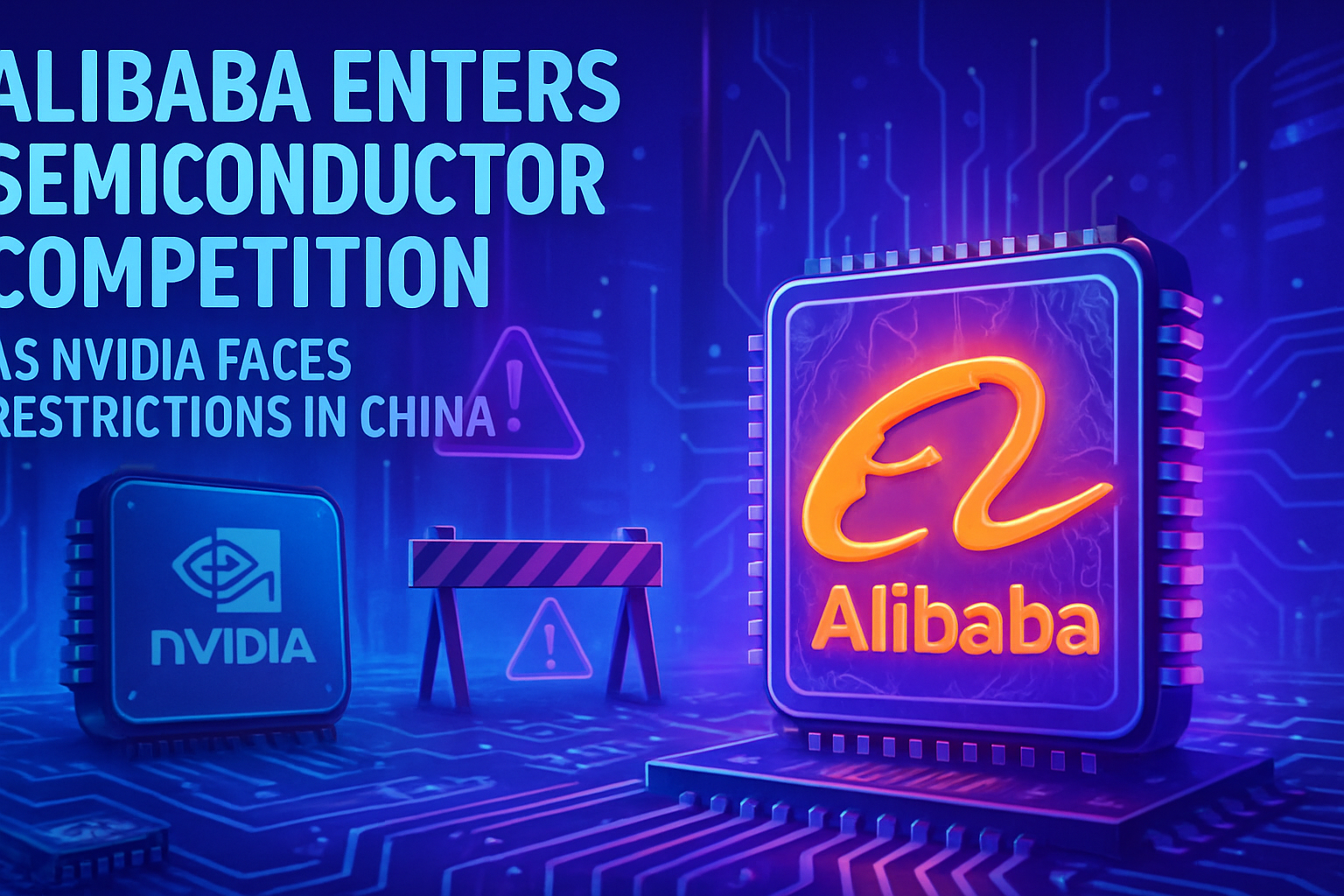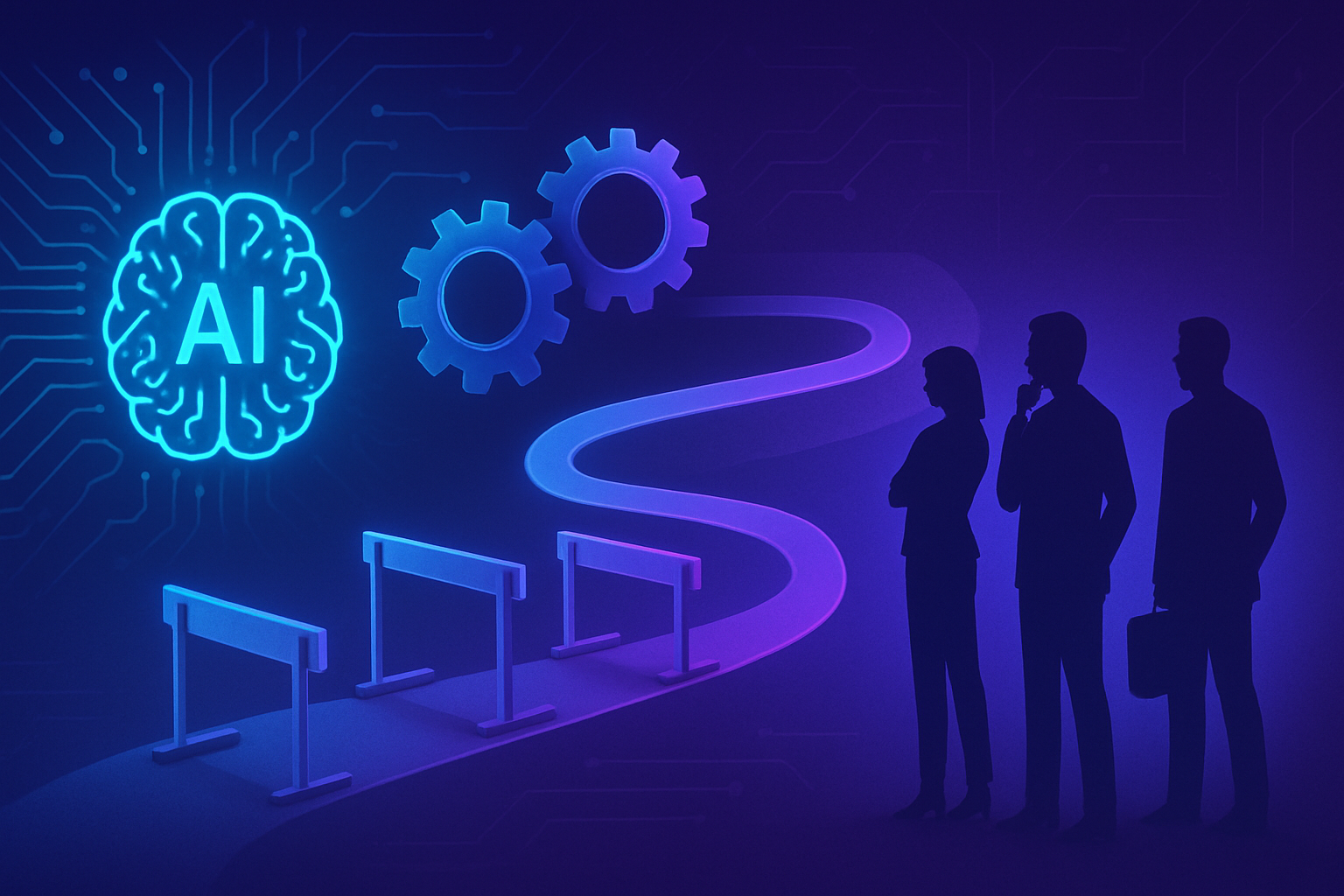Arago revolutionizes artificial intelligence. The French start-up, backed by experts from MIT and Polytechnique, raises 26 million dollars for its groundbreaking technology. This funding will enable the development of a chip called *JEF*, which promises to decrease energy consumption by a factor of 10 compared to traditional GPUs. This innovation aims not only to enhance performance but also to address the growing energy challenges in the technology sector. Arago’s photonic solution suggests a break from the current electron-based approach, paving the way for a new era in AI model computation.
Significant fundraising
Arago, an innovative French start-up, has recently announced a fundraising of 26 million dollars to support the development of its artificial intelligence technology. This operation was made possible through the participation of renowned investment funds such as Earlybird, Protagonist, Visionaries, and Tomorrow. Prominent figures in the tech ecosystem, like Bertrand Serlet and Olivier Pomel, have also contributed to this funding round. Their commitment reflects the confidence in the disruptive potential of Arago’s technology.
An innovative approach
The French start-up stands out for its desire to solve the problem of energy efficiency in current AI systems. By using photons instead of electrons for data processing, Arago offers a solution that could transform the technological landscape. Conventional GPUs, due to their operating principles, lead to high energy consumption and significant heat production. This dependence on electrons, requiring costly cooling systems, hampers energy optimization.
The “JEF” technology
The chip named “JEF” is the spearhead of Arago’s innovation. It promises to reduce energy consumption by ten compared to traditional GPUs, while maintaining competitive performance. This result is made possible through an internally developed photonic technology that uses lasers to process information. Thus, the “JEF” chip positions itself as a viable alternative for companies looking to optimize their infrastructures without compromising computing power.
Ease of adoption
A major advantage of Arago’s chip lies in its ability to execute existing AI models without requiring complex software adjustments. Companies interested in this technology can integrate the solution directly into their ecosystem without rewriting code. This plug-and-play nature facilitates adoption and reduces costs associated with technological transition.
Development goals
The recently raised funds will be used to accelerate the commercialization process of the chip and to strengthen Arago’s teams. The start-up also plans to establish strategic partnerships to support its growth. Beyond technological innovation, the challenge will be to convince market players of the merits of a photonic approach for the future of AI.
Implications for the industry
The world of artificial intelligence is undergoing a transformation. The rise of energy-efficient technologies could significantly impact how companies evolve. With the continued increase in AI demand, the need to optimize electricity consumption is becoming imperative. Reflections are on how this innovation could influence not only the technology sector but also the energy sector, as highlighted in this article about the rise of AI and its energy challenges.
Towards a promising future
Arago positions itself as a key player in the technological landscape by betting on radical innovation. The experience of its founders, graduates of the MIT and experts in physics, strengthens the credibility of their vision. As technologies develop, the start-up could well become a leader in providing sustainable and efficient artificial intelligence solutions, while following market trends, including those highlighted by companies like Huawei and Nvidia.
FAQ about Arago’s development and its artificial intelligence technology
What motivated Arago to raise 26 million dollars?
The start-up Arago obtained this funding to accelerate the development of its photonic technology, which promises to reduce the energy consumption related to artificial intelligence while maintaining high performance. This capital will also be used to expand teams and establish business partnerships.
How does Arago’s JEF chip technology work?
The JEF chip uses photons instead of electrons to process data, allowing for resistance-free transfer and generating less heat. This significantly reduces energy consumption compared to traditional GPUs while ensuring comparable performance.
How does Arago’s technology differ from traditional GPUs?
Unlike GPUs, which consume a lot of energy and generate heat due to electron resistance, Arago’s technology with its JEF chip reduces energy consumption by 90% and avoids extreme cooling issues.
Does the JEF chip require modifications to existing software?
No, Arago’s JEF chip is designed to run existing artificial intelligence models without the need for code rewriting or changes to development tools, making integration easier for companies.
Who are the investors that supported Arago in this funding round?
Among the investors are renowned funds such as Earlybird, Protagonist, Visionaries, and Tomorrow, as well as prominent figures from the tech ecosystem, including former Apple Vice President Bertrand Serlet and Datadog co-founder Olivier Pomel.
What advantages could Arago’s photonic technology bring to the AI sector?
Arago’s photonic technology could significantly decrease the energy footprint of data centers, provide superior performance in data processing, and reduce cooling costs, contributing to a more sustainable development of artificial intelligence.
What are Arago’s next goals after this fundraising?
Arago plans to accelerate the development of its chip, expand its teams, and sign business partnerships to support its growth and prepare for the launch of its technology in the market.






